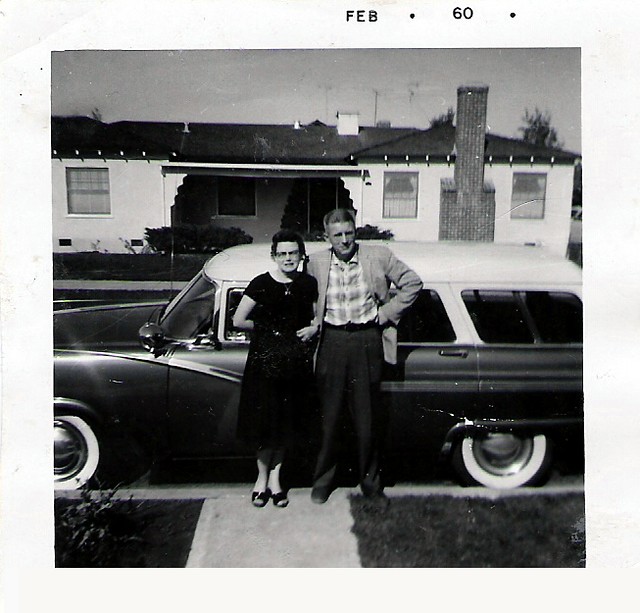Imagine cruising down the highway, the wind in your hair and your favorite song playing on the radio, when suddenly, without warning, your car turns off. The engine sputters, the dashboard lights flicker, and you’re left in a state of disbelief. What just happened? Why did your car suddenly turn off? Buckle up as we explore the mysterious world of automotive failures and the top reasons why your vehicle may have decided it was time for a nap.
The Sudden Silence: What Could it Be?
When your car decides to take an unexpected break, it can be both alarming and perplexing. Here are some of the most common culprits behind this automotive enigma:
- Fuel System Failures: One of the first suspects to consider is the fuel system. If your car isn’t getting enough fuel, it can lead to a sudden shutdown. This could be due to:
- Empty fuel tank
- Clogged fuel filter
- Malfunctioning fuel pump
- Electrical Issues: The electrifying world of your car’s electrical system can be quite the puzzle. A dead battery, a faulty alternator, or corroded battery terminals can cut the power necessary for your engine to run.
- Overheating Engine: If your engine gets too hot, it may shut down to prevent severe damage. Reasons for overheating can include:
- Low coolant levels
- Broken thermostat
- Leaky hoses
- Ignition System Problems: Think of your ignition system as the brain of your vehicle. If it fails due to a bad spark plug, ignition coil, or wiring issues, it may cause the engine to stall.
- Sensor Malfunctions: Modern vehicles are equipped with an array of sensors that monitor engine health. If a critical sensor like the crankshaft or camshaft position sensor malfunctions, it can lead to a sudden shutdown.
Understanding the Signs
Recognizing the signs before your car shuts down can save you from a roadside adventure. Here are some indicators that your vehicle may be on the brink:
- Unusual Noises: Listen for strange sounds like knocking or grinding which could indicate engine trouble.
- Dashboard Warnings: Pay attention to warning lights, especially the check engine light.
- Decreased Performance: If your car is hesitating, stalling, or struggling to accelerate, it’s time for a check-up.
What to Do When Your Car Turns Off
Finding yourself stranded is never a pleasant experience, but here’s what you can do to handle the situation effectively:
- Stay Calm: Take a deep breath. Panicking won’t help.
- Pull Over: If you can, steer your car to the side of the road or a safe area.
- Check for Warning Lights: See if any warning lights are illuminated on your dashboard.
- Examine Fuel Level: Make sure you have enough fuel in your tank.
- Call for Help: If you can’t identify the issue, don’t hesitate to call a mechanic or roadside assistance.
Preventive Measures to Keep Your Car Running Smoothly
While some issues can be sudden and unexpected, regular maintenance can significantly reduce the likelihood of your car turning off unexpectedly. Here are some tips to keep your vehicle in top shape:
- Regular Oil Changes: Make sure to follow your car manufacturer’s recommendations for oil changes to keep the engine lubricated.
- Check Fluid Levels: Regularly inspect coolant, brake fluid, and transmission fluid to ensure everything is topped off.
- Battery Maintenance: Inspect your battery for corrosion and ensure that connections are tight.
- Replace Worn Parts: Don’t ignore worn-out spark plugs, filters, or belts; replace them as necessary.
- Schedule Routine Inspections: A professional mechanic can spot potential issues before they lead to breakdowns.
While it can be frightening when your car suddenly turns off, understanding the potential reasons behind it can empower you as a driver. By being proactive and informed, you can potentially avoid such scenarios altogether. So, the next time you find yourself in a car that just won’t cooperate, remember the signs, the causes, and the steps to take. Safe travels!

